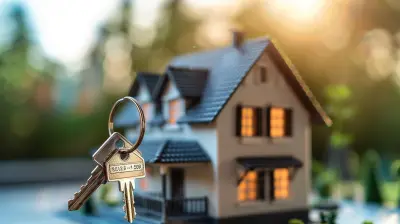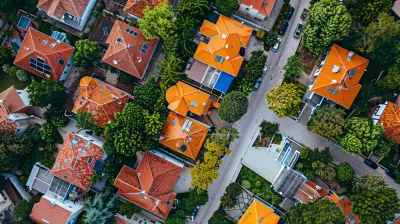Mixed-Use Developments: Blurring the Lines Between Commercial and Residential
14 October 2025
Picture this: You wake up in your sleek, modern apartment, grab a latte from the café downstairs, hit the gym next door, and then stroll over to your office—all without even getting into your car. Sounds dreamy, right? That’s the beauty of mixed-use developments, where convenience is king, and the hustle and bustle of city life blend seamlessly with the comforts of home.
These developments are taking over urban landscapes, reshaping the way we live, work, and socialize. But are they just another real estate trend, or are they here for the long haul? Let’s break down why mixed-use developments are the future of real estate and why you might just want to move into one yourself.
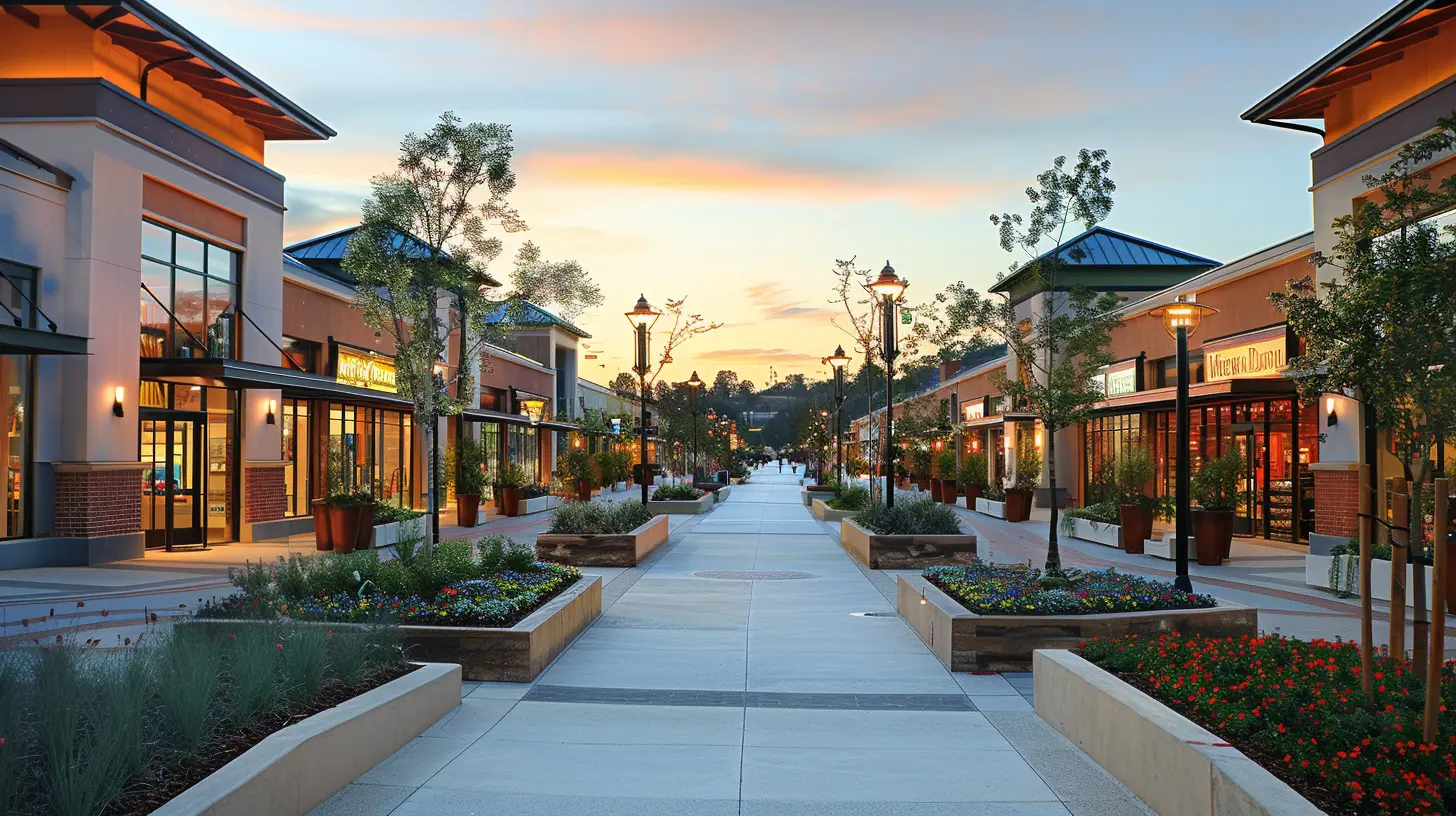
What Are Mixed-Use Developments, Anyway?
Think of mixed-use developments as the Swiss Army knife of real estate. They’re multi-functional neighborhoods that integrate residential, commercial, and sometimes even industrial spaces into one connected environment. Instead of compartmentalizing homes, offices, shops, and entertainment venues into different corners of a city, these developments mash them together into one vibrant, walkable community.This concept isn’t exactly new—historically, cities naturally formed around mixed-use structures before zoning laws split everything up. But now, urban planners, developers, and even renters and buyers are embracing this live-work-play lifestyle once again.
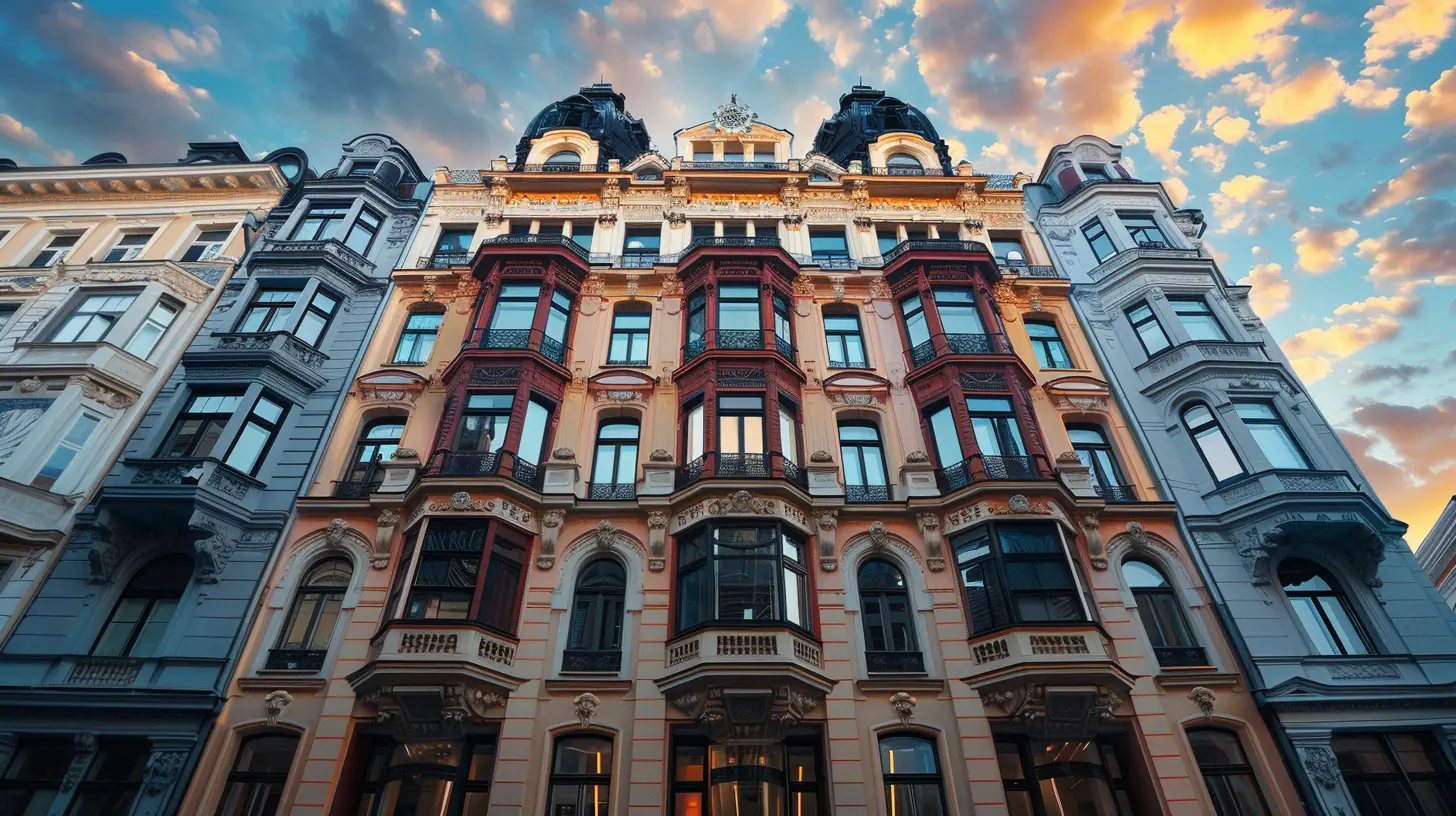
The Rise Of Mixed-Use Developments
Why are mixed-use developments popping up everywhere? Simple. Society is evolving, and people want more convenience, less commuting, and a sense of community—all things that these developments offer in spades.1. Urbanization and the Desire for Convenience
Let’s be real. No one enjoys sitting in traffic for hours just to grab a coffee or make it to work. Mixed-use spaces eliminate the need for long commutes by placing essential services, office spaces, and entertainment hubs just steps away from home.2. The Work-From-Home Revolution
With remote and hybrid work becoming the norm, more people want to live in areas where they can work and play without feeling isolated. These developments cater perfectly to digital nomads and professionals who want an office vibe without actually going to an office.3. Sustainability and Eco-Friendly Living
Mixed-use developments reduce the carbon footprint by encouraging walking, biking, and public transit over gas-guzzling cars. Less need for vehicles? That means fewer emissions, less congestion, and a healthier planet.4. The Social Factor
Imagine running into your neighbors at the co-working space, grabbing after-work drinks at the building’s rooftop bar, or joining a yoga session in the shared courtyard. Sounds much more exciting than staring at the same four walls every day, huh?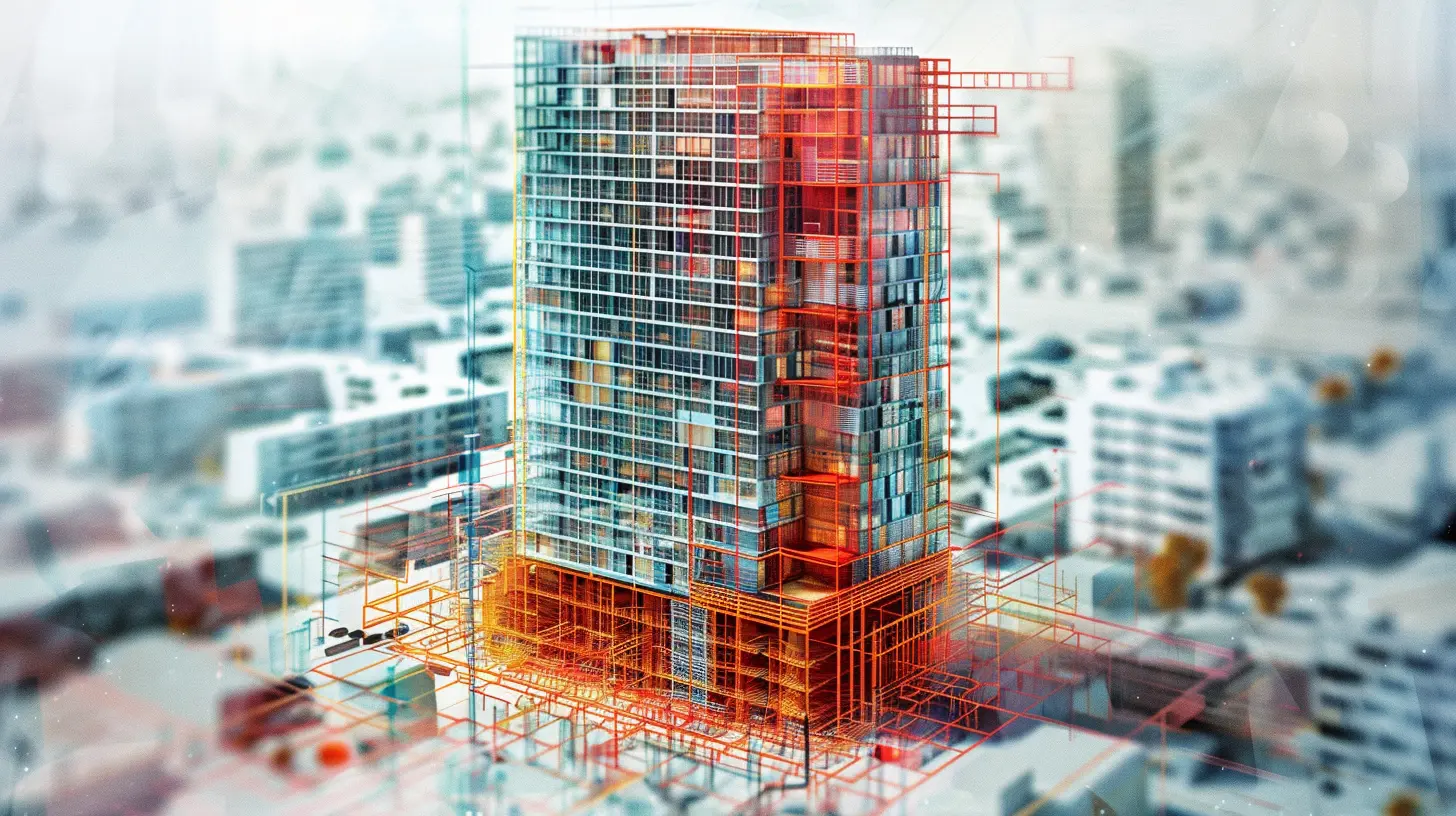
The Benefits of Living in a Mixed-Use Development
Okay, so living in one of these futuristic cityscapes sounds cool, but what’s in it for you?1. Walkability = More Free Time
Since everything you need is right at your doorstep, you’re not wasting hours in traffic. That’s more time to catch up on Netflix, take up a new hobby, or just sleep in a little longer.2. Increased Property Value
Investing in a mixed-use development? Smart move. Properties in these communities tend to appreciate faster due to high demand, top-tier amenities, and prime locations.3. The Ultimate Convenience
Need groceries? There’s a store downstairs. Craving sushi? The restaurant is a few steps away. Want to hit the gym? It’s in the same building. It’s designed for a hassle-free lifestyle, giving you more time to focus on what actually matters.4. Built-In Social Life
You’re surrounded by like-minded people, which means organic social interactions are inevitable. Whether it’s networking opportunities at the co-working space or casual conversations at the local café, loneliness is not on the menu here.5. Lifestyle Perks
Luxury amenities like rooftop pools, gardens, smart home tech, event venues, and wellness centers? Mixed-use developments are all about upgrading your everyday life.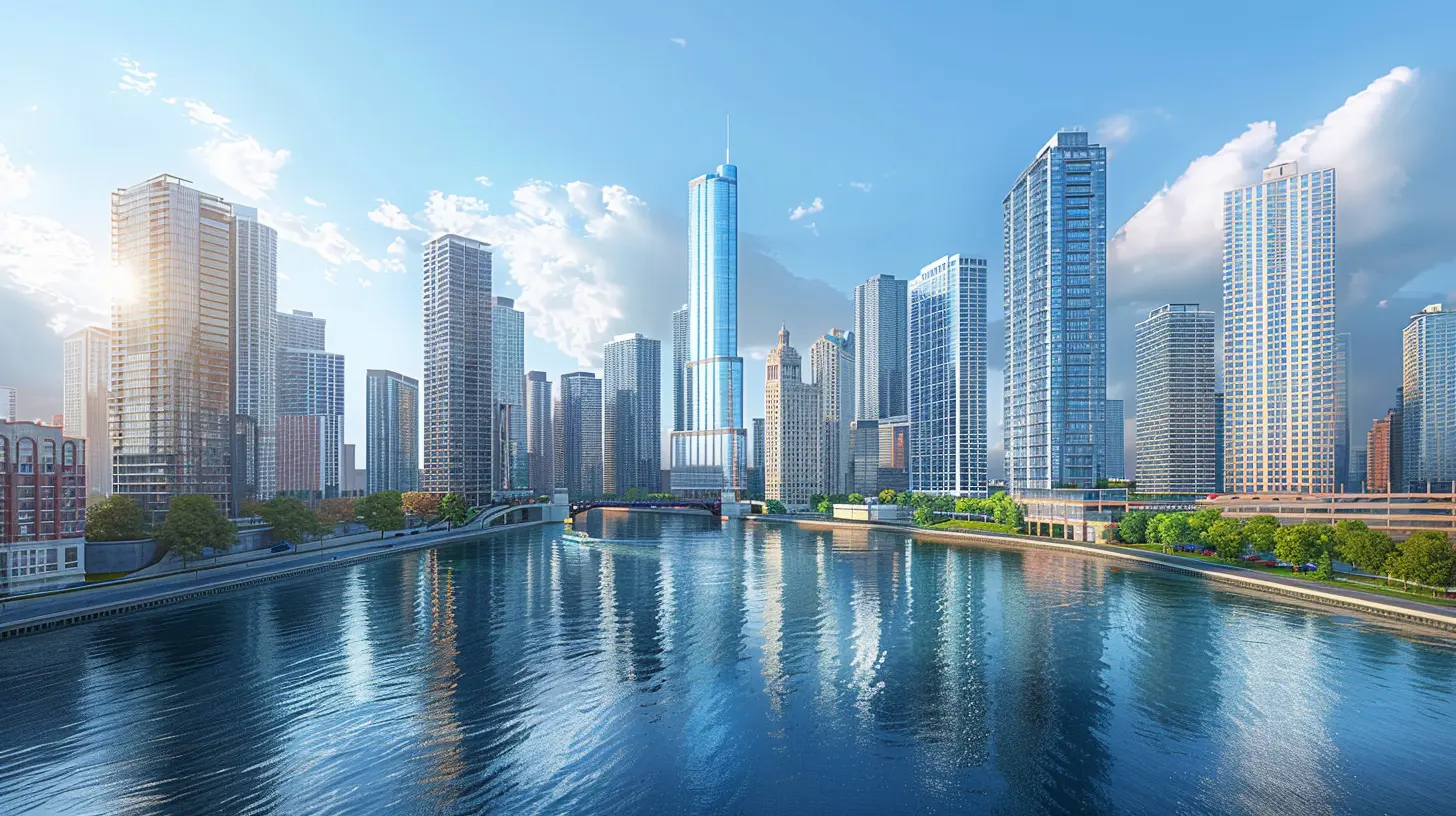
The Challenges of Mixed-Use Developments
Of course, no innovation comes without its drawbacks. Here are some challenges that come with the mixed-use lifestyle:1. Higher Cost of Living
Convenience and luxury come at a price. Mixed-use developments are often located in premium areas, meaning rent and property prices can be steep.2. Potential Noise Issues
Living above a bustling café or near a shopping center means it might get noisy. If you’re looking for absolute peace and quiet, an isolated suburb might be more your speed.3. Overcrowding and Parking Dilemmas
With more people living and working in the same space, parking spots and public areas can get crowded. Some developments focus on public transport over parking lots, so car owners, beware.4. Business Turnover
Shops and restaurants in mixed-use environments can thrive—but they can also fail. If a business shuts down, it might leave behind vacant storefronts, affecting the overall vibe of the community.The Future of Mixed-Use Developments
Mixed-use developments aren’t just a passing trend—they’re shaping the future of urban living. Cities worldwide are embracing smart planning, sustainability, and multi-functional spaces to build environments that cater to modern lifestyles.1. Smart Cities & Tech-Integrated Developments
Imagine a mixed-use community where smart sensors optimize energy consumption, high-speed internet powers remote workspaces, and AI-driven security keeps residents safe. Sounds futuristic? Not for long.2. Eco-Friendly and Sustainable Designs
Developers are focusing on green roofs, solar panels, energy-efficient buildings, and improved public transport to make these communities as eco-friendly as possible. Expect more sustainable initiatives in the near future.3. More Affordable & Inclusive Housing Options
Developers are now looking into affordable housing within mixed-use developments to make them accessible to more people—not just the elite. Expect micro-apartments, co-living spaces, and flexible leasing options.4. Hybrid Work and Co-Living Trends
As remote work continues to dominate, we’ll see even more co-living and co-working spaces integrated into these developments. The lines between home and work will blur even further.
Is a Mixed-Use Development Right for You?
So, would you thrive in a mixed-use community? If you love the idea of a walkable lifestyle, top-notch amenities, built-in social interactions, and ultra-convenience, this could be your dream setup. But if you’re after solitude, lower living costs, and a quieter environment, then maybe sticking to traditional housing is the better bet.Either way, one thing is clear—mixed-use developments are here to stay, and they’re redefining the way we experience city life. Whether you’re looking to invest or move in, now might be the perfect time to hop on board.
all images in this post were generated using AI tools
Category:
Commercial Real EstateAuthor:

Vincent Clayton
Discussion
rate this article
1 comments
Aurelia Hall
Where apartments meet coffee!
October 20, 2025 at 3:19 AM

Vincent Clayton
Glad you see the synergy! Mixed-use developments really enhance community engagement and convenience.
